
How does installing a Water Cooler from AquAid benefit you?
In a market where you may be forgiven thinking that like = like, it’s good to remind ourselves of why having a water cooler from AquAid is really the best idea:
The first benefit almost goes without saying: Whichever AquAid water cooler you choose to have installed in your premises, you will have access to chilled (and hot) drinking water throughout your working day.
The second benefit is that you will be relying on a company that has more than 20 years’ experience in the provision of high quality water coolers, water and water related products.
Reach is the third benefit – with over 22 branches throughout the UK, you will be supplied by a local depot staffed by a team who are familiar with the area and your requirements.
Fourth benefit: Your environment. We’re very cognisant of our carbon footprint. Having a local AquAid means we minimise our footprint by being able to travel shorter distances to deliver your water and service and sanitise your water cooler. We also re-use our water bottles (up to 35x) and then recycle the bottles in a responsible manner. The cups we supply are made from a single type of plastic which means they are much easier to recycle; we are also hard at work encouraging our customers to adopt recycling practices wherever they are in the UK..
The fifth benefit is also one of our most important and one we are most proud of: Since our inception some 20 years ago, Aquaid have partnered with the charities Christian Aid and the Africa Trust. These donations have enabled these charities to continue with the vital role they play in the lives of millions of people. This is achieved through donating a portion of our sales for each bottle of water delivered and each mains-fed cooler installed. The result of these donations (to date) is in excess of £13,000,000 provided for the implementation of sustainable water projects which have helped more than 5 million people.
Value adds inherent as part of our brand
With each Mains-Fed cooler installed at a school, we provide 100 water refillable water bottles for the children, to help encourage them to keep drinking water.
We also provide hydration awareness posters which clearly and simply illustrate good hydration practices, thereby enabling a healthier, more productive lifestyle, whether at the workplace or at school.
To enjoy all of these (and more) benefits while simply keeping refreshed, don’t delay, contact us at AquAid – we’ll be delighted to assist.

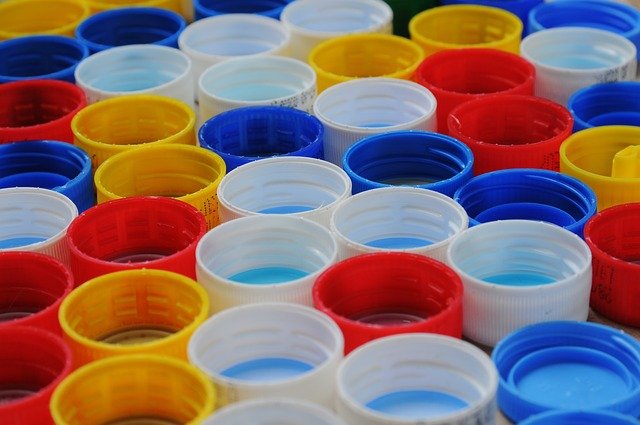
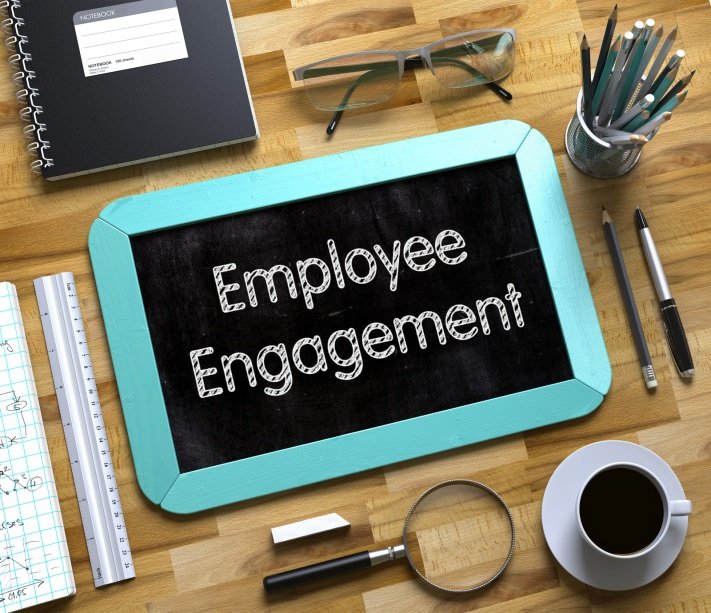
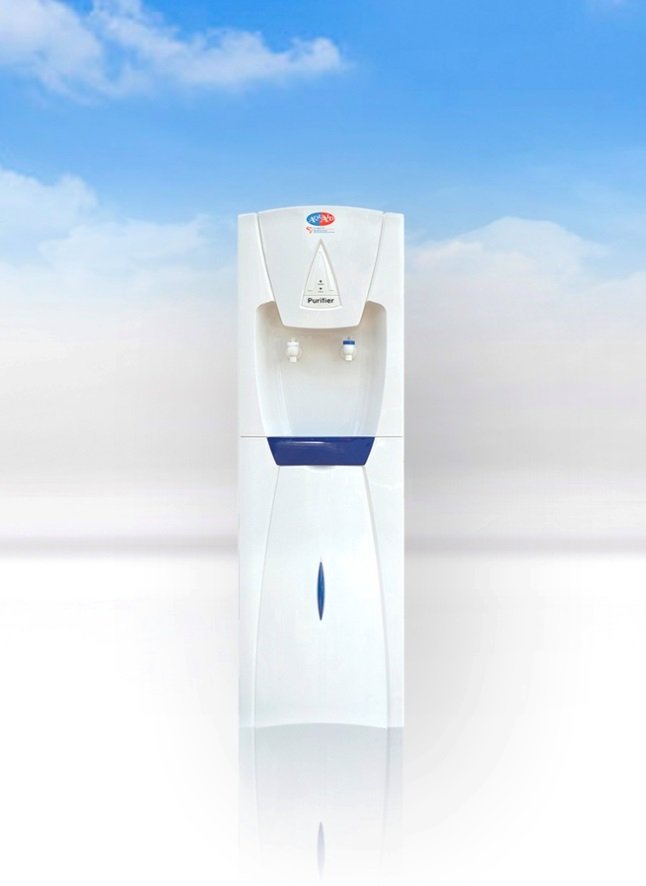
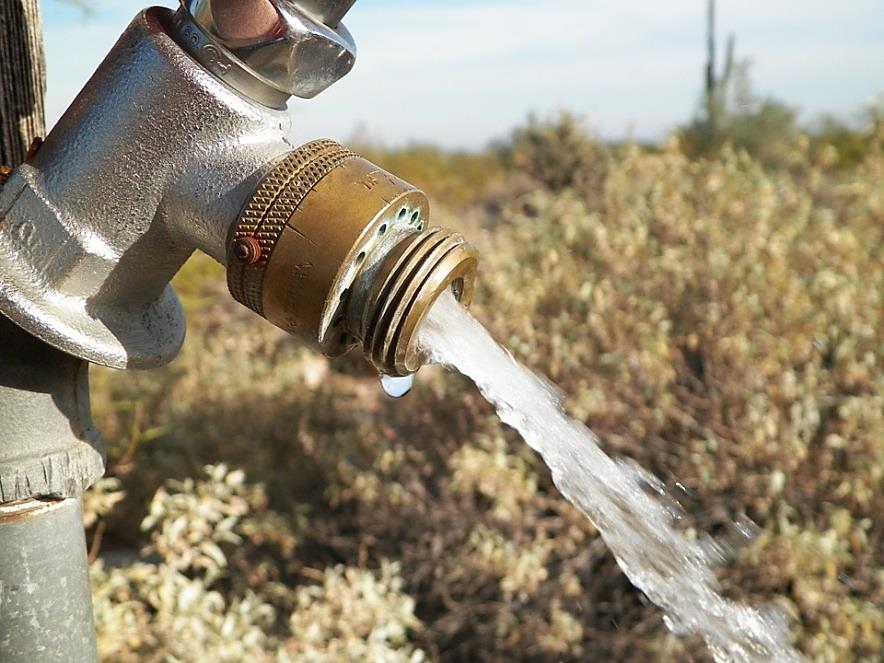

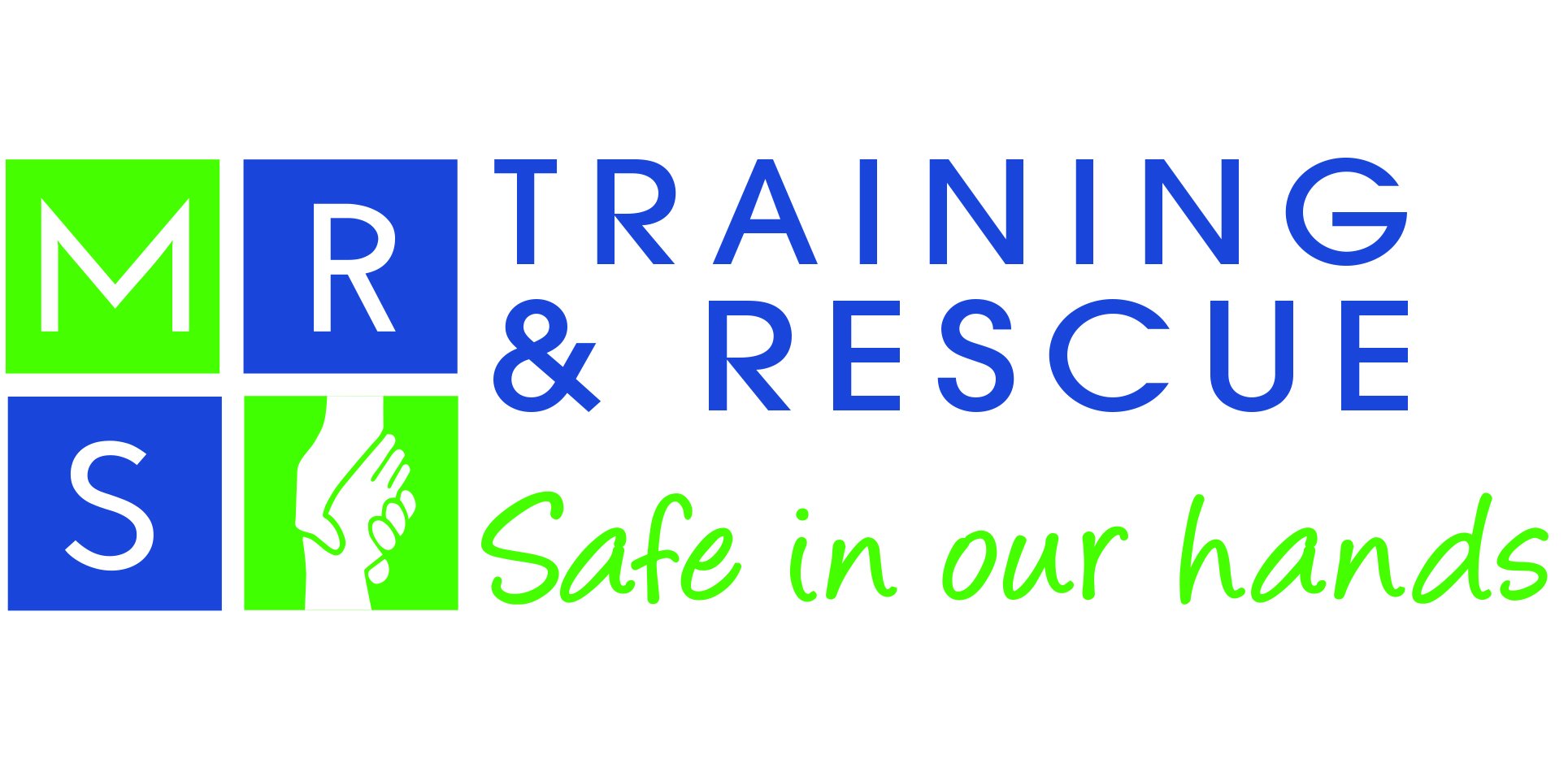
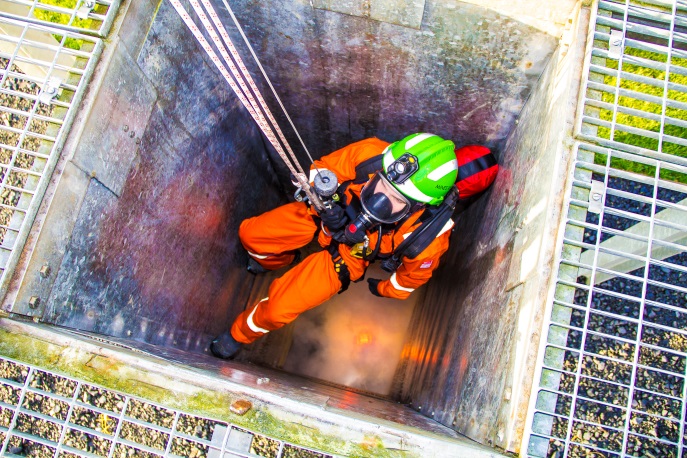 For over 100 years, MRS Training & Rescue (formerly known as Mines Rescue Service), has developed specialist skills, experience and knowledge gained from working in difficult and potentially dangerous environments, to effect the rescue and escape of mine workers from underground.
For over 100 years, MRS Training & Rescue (formerly known as Mines Rescue Service), has developed specialist skills, experience and knowledge gained from working in difficult and potentially dangerous environments, to effect the rescue and escape of mine workers from underground.